Valsartan (Diovan*) 30 Tablets
$76.00
It’s essential to discuss the risks and benefits of Valsartan treatment with your healthcare provider, especially if you have any underlying medical conditions or are taking other medications.
Description
Valsartan, commonly sold under the brand name Diovan, is a medication belonging to the class of angiotensin II receptor blockers (ARBs). It is primarily used to treat high blood pressure (hypertension) and heart failure. Below is a comprehensive description of its key features, proper usage instructions, precautions, and potential side effects:
Key Features:
- Angiotensin II Receptor Blocker (ARB): Valsartan works by blocking the action of angiotensin II, a hormone that causes blood vessels to constrict, leading to decreased blood pressure and improved blood flow.
- Antihypertensive Properties: Diovan effectively lowers blood pressure, reducing the risk of cardiovascular events such as heart attack, stroke, and kidney problems associated with hypertension.
- Treatment for Heart Failure: Valsartan is also used in the management of heart failure, a condition where the heart is unable to pump blood effectively, by reducing strain on the heart and improving cardiac function.
- Oral Tablet Formulation: Diovan is available in tablet form for oral administration, providing a convenient and easily dosed treatment option.
Usage Instructions:
- Valsartan tablets are typically taken orally, with or without food.
- The recommended dosage for hypertension in adults is usually 80 to 160 mg once daily, which may be adjusted based on individual response and tolerability.
- For heart failure, the initial dosage is usually lower, starting at 40 mg twice daily, and may be gradually increased under medical supervision.
- Swallow the tablet whole with a glass of water, without chewing or crushing it.
- It’s essential to take Valsartan regularly as prescribed, even if you feel well, to maintain optimal blood pressure control and manage heart failure effectively.
Precautions:
- Before starting Valsartan treatment, inform your healthcare provider about any existing medical conditions, especially if you have kidney or liver disease, heart problems, diabetes, or a history of angioedema (swelling of the face, lips, throat, or tongue).
- Valsartan may interact with certain medications, including potassium-sparing diuretics, nonsteroidal anti-inflammatory drugs (NSAIDs), or lithium. Inform your doctor about all medications you are taking to avoid potential drug interactions.
- Avoid using Valsartan during pregnancy, as it may cause harm to the unborn baby. If you become pregnant while taking Valsartan, inform your healthcare provider immediately.
Side Effects:
- Common side effects of Valsartan may include dizziness, lightheadedness, headache, fatigue, or stomach pain. These symptoms are usually mild and temporary.
- Less common but more serious side effects may include low blood pressure, kidney problems, hyperkalemia (high potassium levels), or allergic reactions. Seek medical attention immediately if you experience any severe or unusual symptoms while taking Diovan.
It’s essential to discuss the risks and benefits of Valsartan treatment with your healthcare provider, especially if you have any underlying medical conditions or are taking other medications. Adhering to the prescribed dosage and usage instructions can help maximize the effectiveness of Diovan while minimizing the risk of adverse effects.
Additional information
| Strength |
|---|
Only logged in customers who have purchased this product may leave a review.

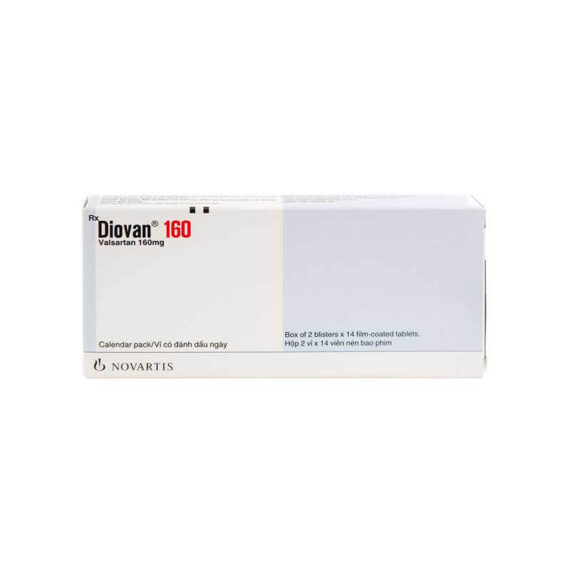
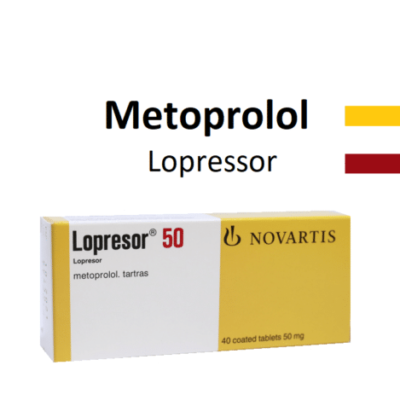



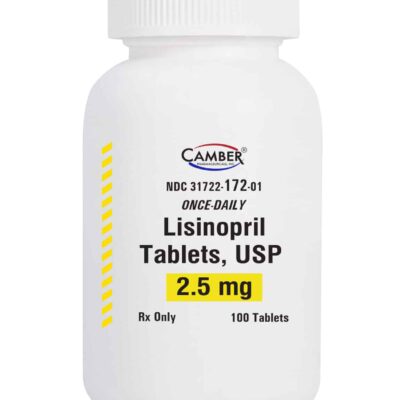

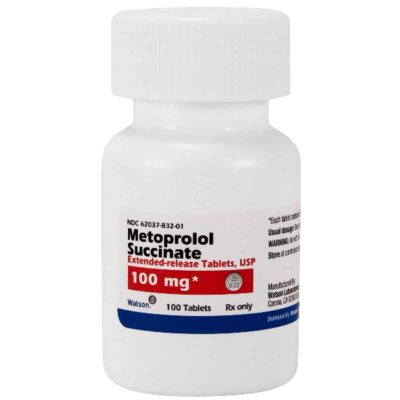
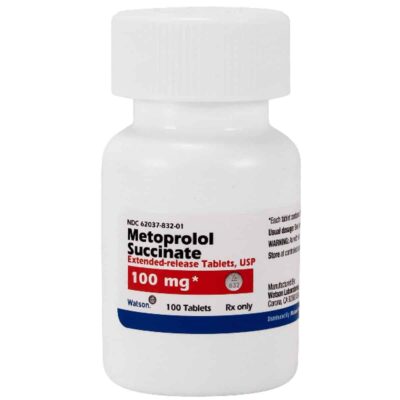


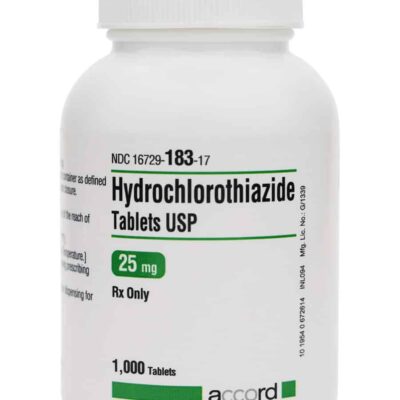
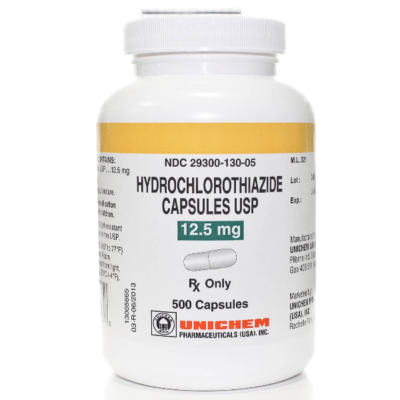




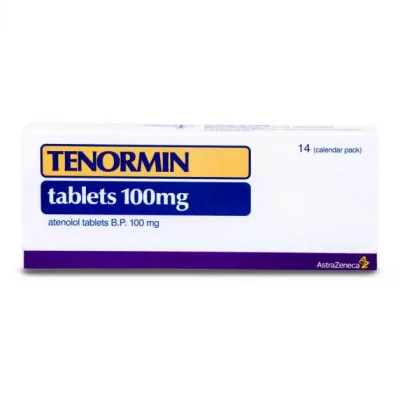
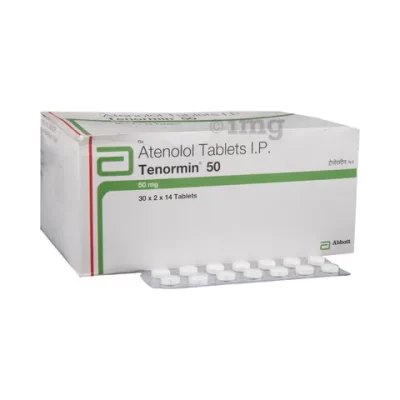
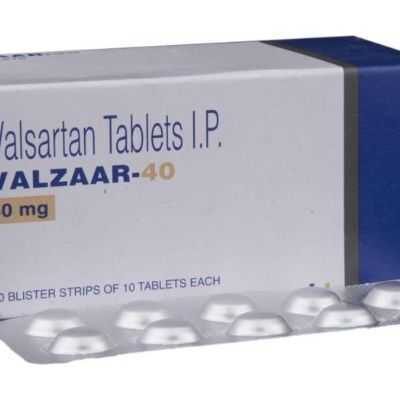


Reviews
There are no reviews yet.